Sima Qian, the man with(out) balls
Sima Qian was sentenced to death. At the time, this sentence could be commuted by choosing castration, which is what he opted for.

Sima Qian (c. 145–86 BCE) is generally regarded as the “Father of Chinese Historiography.” I first came across his name partly while researching a larger project involving the construction of a timeline of history across human civilisation, but also after visiting Istanbul on holiday and becoming fascinated by the role of eunuchs in civil service throughout history. [1]
Sima Qian’s father had envisioned documenting the complete history of China but was unable to finish the project within his lifetime. Conveniently, however, Sima Qian inherited his father’s position as the grand historian of the Han dynasty.[2]
In an unfortunate political incident, Sima Qian backed the wrong horse in the blame game following a military failure. Long story short, Emperor Wu took Sima’s public defence of one general as an insult to another, who also happened to be present for the defeat. Unfortunately, that other general was the emperor’s brother-in-law.
Sima Qian was sentenced to death. At the time, this sentence could be commuted by choosing castration, which is what he opted for. After serving a prison sentence and enduring the ignominy of having his manhood amputated, he chose to continue working at court to complete his chronicle of Chinese history rather than commit suicide, as was the general expectation. In letters, he explained his reasoning, framing it as a way to preserve his legacy.[3]
While the story of his life was fascinating, so was his magnum opus, the Shiji.[4] Sima Qian wrote it in ways at odds with the official party line at the time, dismissing eccentric stories in official records[5] and applying an analytic lens to history by interviewing witnesses and surveying historical sites. His text also covered the lives of impactful commoners, which held little importance to his employer.
Unfortunately the full text has not yet been translated into English, but the Wikipedia entry has a good summary.
I'm still in the middle of writing that one. ↩︎
Really though, this was an example of title inflation that seems to happen in tech companies nowadays. The "Grand Historian" seemed to only be responsible for formulating the yearly calendar, designating which days were auspicious or not. ↩︎
Watson, Burton (1958). Ssu-ma Ch'ien: Grand Historian of China. New York, NY: Columbia University Press. ↩︎
For context, this book was originally written on bamboo, and would have weighed would have weighed between 40 and 60 kilograms. ↩︎
He discounted "ridiculous" stories of princes who could make horses grow horns and summon a rain of grain. ↩︎





